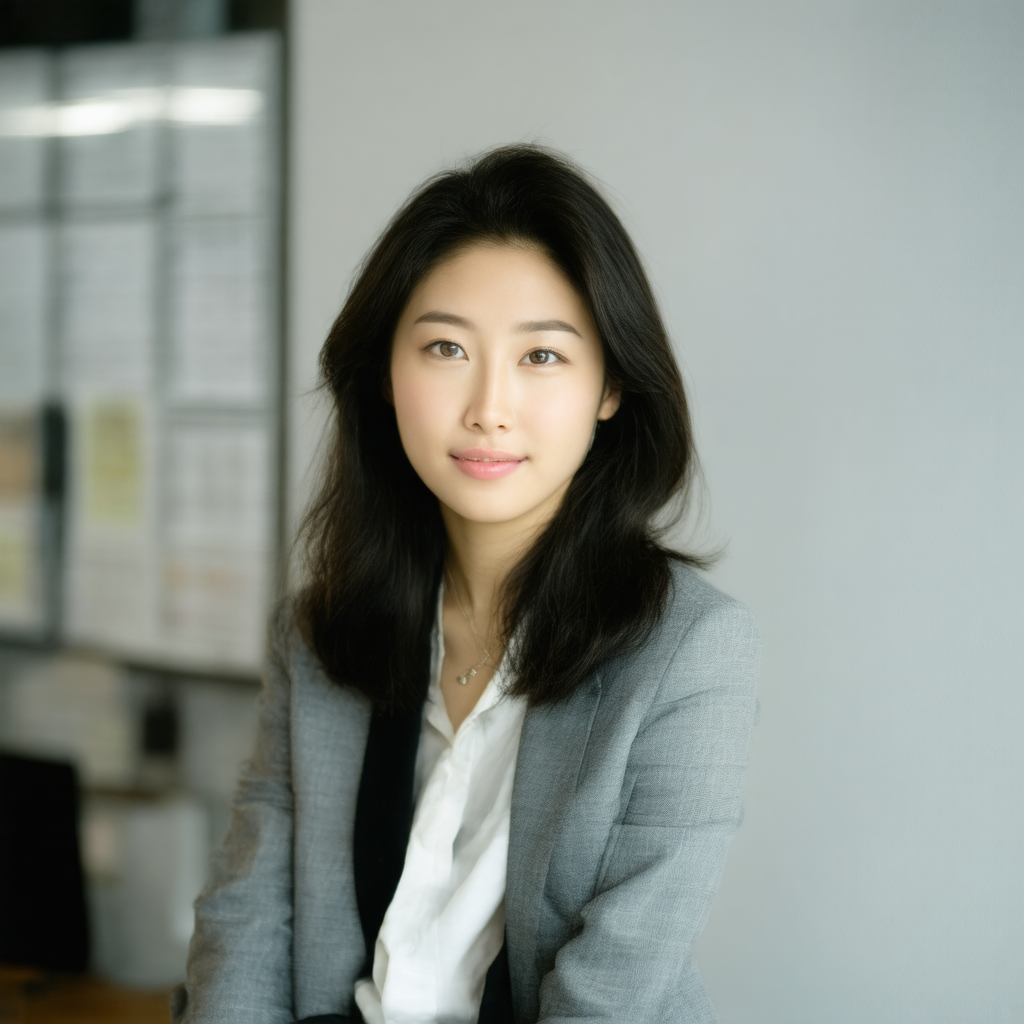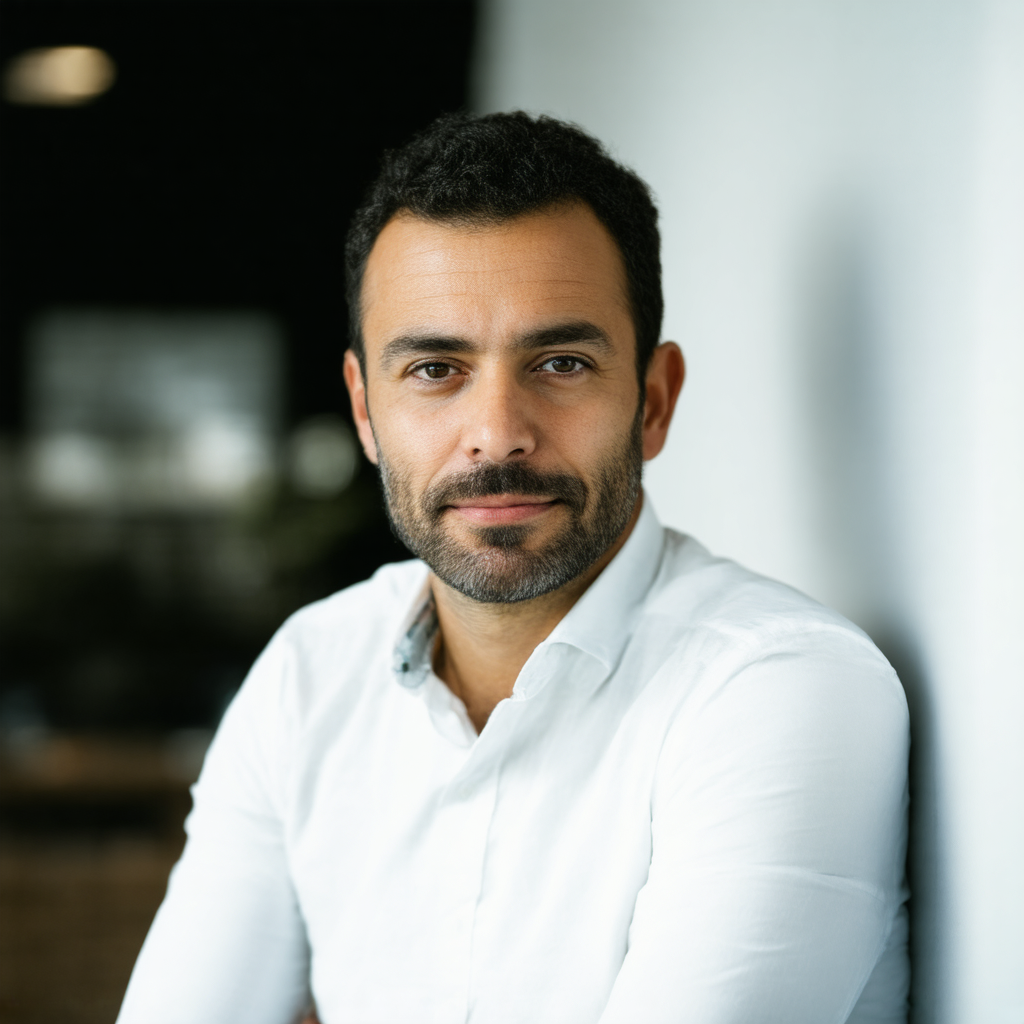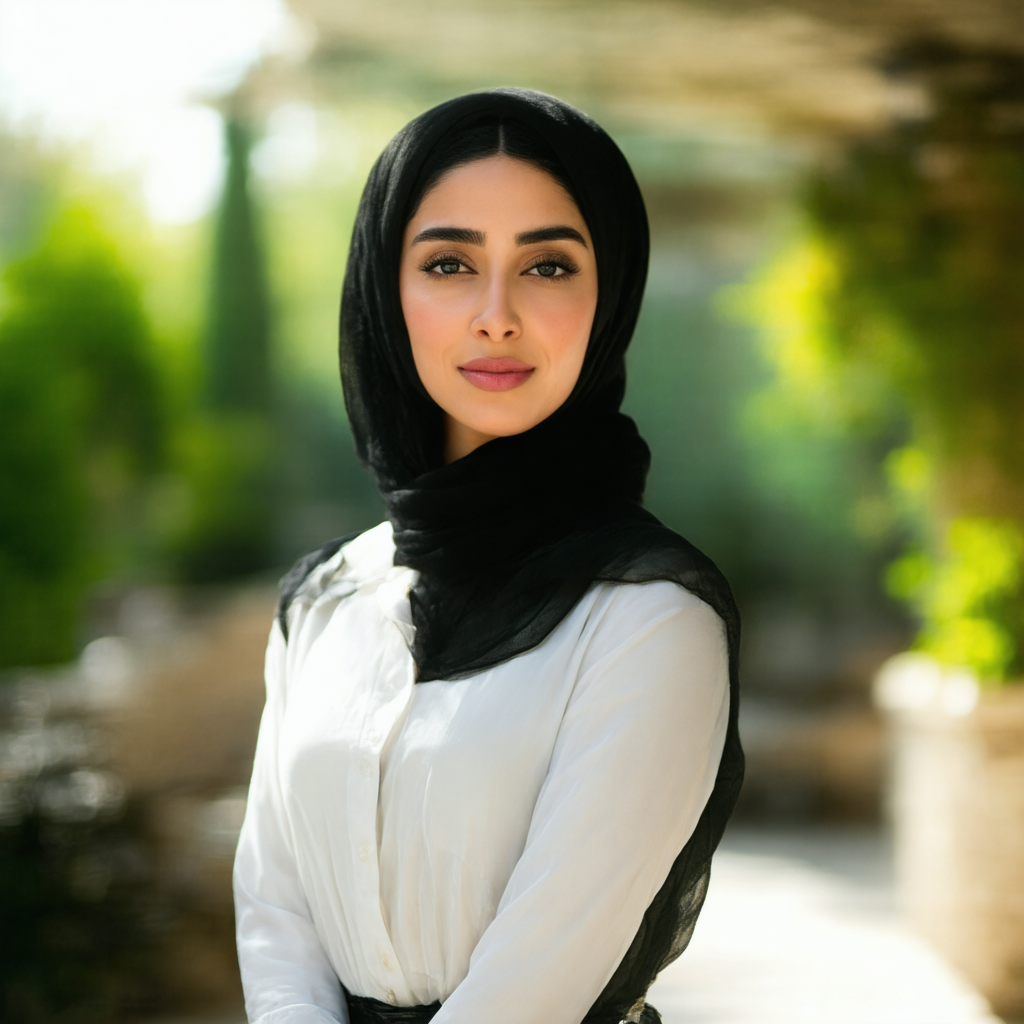
Unmasking the EU’s Vaccine Export Policies: A Quest for Equity and Transparency
The global race to vaccinate against COVID-19 has highlighted disparities in access and distribution. While high-income nations secure ample doses, low-income countries struggle to obtain even minimal supplies. The European Union’s (EU) vaccine export restrictions have drawn significant criticism, with accusations of prioritizing profits and politics over global health equity.
Domestic Priorities vs. Global Responsibility
The EU has imposed strict restrictions on exporting COVID-19 vaccines, particularly affecting countries reliant on these exports. These measures were ostensibly taken to ensure adequate supply within the EU, yet they have exacerbated vaccine inequity. Critics argue that this approach reflects a narrow focus on domestic interests over global health, where equitable distribution is crucial for collective immunity.
The Influence of Pharmaceutical Giants
Pharmaceutical companies like Pfizer and Moderna play a pivotal role in vaccine production. These corporations have significant influence over policy decisions, often advocating for measures that protect their patents and profits. The EU’s export restrictions may align with Big Pharma’s interests, allowing them to maximize profits by controlling supply and prices.
Geopolitical Implications
Beyond economic motivations, the EU’s policies hint at a broader geopolitical strategy. By restricting vaccine exports, the EU may be leveraging these resources to strengthen ties with partner countries or exert influence in international negotiations. This approach underscores the intersection of public health and political power, where vaccines become tools of diplomacy.
A Call for Global Health Equity
The pandemic has underscored the urgent need for equitable access to medical resources. The World Health Organization (WHO) and NGOs advocate for a more equitable distribution model, such as the COVAX initiative, which aims to provide fair vaccine access globally. The EU’s restrictions challenge this goal, emphasizing the need for international cooperation and policy reforms that prioritize health over economic interests.
Conclusion: Advocating for Change
As the world navigates the pandemic, it is imperative to address systemic inequities in vaccine distribution. Citizens must hold leaders accountable, urging policies that promote transparency and equity. The EU’s actions serve as a reminder of the ethical dilemmas inherent in global health crises, calling for a commitment to fairness and solidarity in our collective fight against COVID-19.
Join the Movement
Support initiatives like COVAX and advocate for equitable vaccine distribution. Visit YourPublication.org to learn more about how you can contribute to global health equity. Together, we can ensure that no country is left behind in the fight against COVID-19.
About the Author:
Sarah Al-Farouq is Chief Editor at our publication. Sarah is a seasoned journalist with over 15 years of experience in global news and media. She has led teams in some of the world’s most challenging reporting environments, bringing a vision for storytelling that connects cultures and empowers voices.
 Journalist and photographer with a focus on Middle Eastern youth and their cultural contributions. Aisha’s work bridges traditional and modern storytelling in the region.
Journalist and photographer with a focus on Middle Eastern youth and their cultural contributions. Aisha’s work bridges traditional and modern storytelling in the region. Writer and researcher specializing in Asian arts and migration stories. Bella’s work explores how young Asians are shaping global culture through their experiences.
Writer and researcher specializing in Asian arts and migration stories. Bella’s work explores how young Asians are shaping global culture through their experiences. Reporter with a background in investigative journalism, focusing on human rights and social justice. Luis has worked across Latin America and Europe, uncovering stories that resonate globally.
Reporter with a background in investigative journalism, focusing on human rights and social justice. Luis has worked across Latin America and Europe, uncovering stories that resonate globally. Sarah is a seasoned journalist with over 15 years of experience in global news and media. She has led teams in some of the world’s most challenging reporting environments, bringing a vision for storytelling that connects cultures and empowers voices.
Sarah is a seasoned journalist with over 15 years of experience in global news and media. She has led teams in some of the world’s most challenging reporting environments, bringing a vision for storytelling that connects cultures and empowers voices.